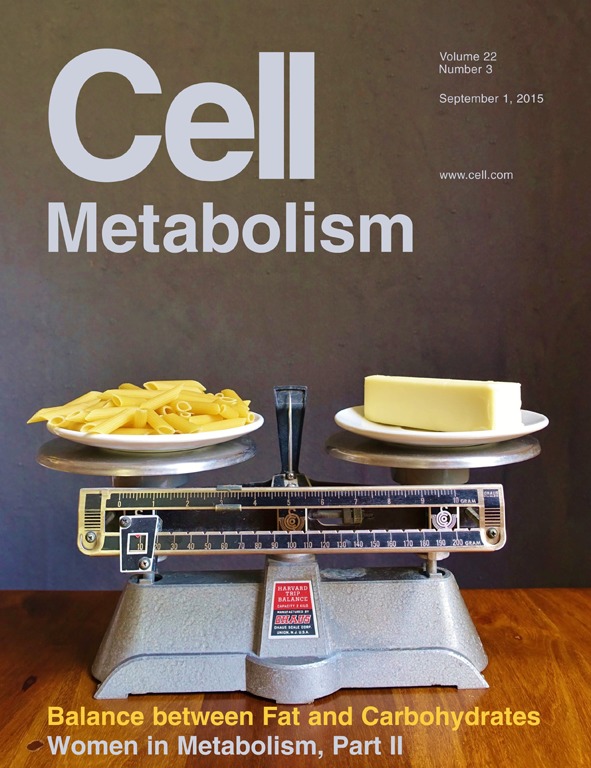July 2007 - Most oral medications prescribed for type 2 diabetes are similarly effective for reducing blood glucose, but the drug metformin is less likely to cause weight gain and may be more likely than other treatments to decrease so-called bad cholesterol, according to a report funded by HHS' Agency for Healthcare Research and Quality. A version of the analysis was posted in the on-line version of Annals of Internal Medicine.
The federally funded analysis is based on scientific evidence found in 216 published studies. The report summarizes the effectiveness, risks, and estimated costs for 10 drugs: acarbose (sold as Precose), glimepiride (Amaryl), glipizide (Glucotrol), glyburide (Micronase, DiaBeta, Glynase PresTab), metformin (Glucophage, Riomet, Fortamet), miglitol (Glyset), nateglinide (Starlix), pioglitazone (Actos), repaglinide (Prandin), and rosiglitazone (Avandia).
Type 2 diabetes is an increasingly common chronic disease that occurs in people who have difficulty converting glucose (a sugar) into energy. Blood glucose levels are high either because their cells are resistant to insulin (a hormone that helps convert glucose into energy) or because their pancreas does not produce enough insulin. Diabetes can cause severe problems with the heart, eyes, kidneys, and nerves. Obesity increases the risks of developing type 2 diabetes. From 1980 through 2005, the number of Americans diagnosed with diabetes soared from 5.6 million to 15.8 million.
"As more people are diagnosed with type 2 diabetes and with the growing array of treatment choices, this is a landmark review," said AHRQ Director Carolyn M. Clancy, M.D. "This summary of scientific evidence is not only an important tool for clinicians and patients seeking the most appropriate therapy, but it also points out in what areas we need more research to confront this disease."
As new classes of oral diabetes medications have become available, patients and clinicians have faced a growing list of treatment options. Earlier scientific reviews have highlighted some differences between medications, but AHRQ's new analysis is the first to summarize evidence on the effectiveness and adverse events for all approved oral medications commonly used in the United States for type 2 diabetes.
Continue Reading Below ↓↓↓
Diabetes patients typically are monitored with tests that check the percentage of hemoglobin A1c (HbA1c) in their blood. Checking for HbA1c is a more reliable indicator of chronic high blood sugar than checking blood glucose itself. According to the AHRQ review, most diabetes drugs offer about a one point absolute reduction in HbA1c. In those cases, for example, a diabetes patient's HbA1c might drop from 8 to 7 (with 5 being normal in patients who don't have diabetes). Nateglinide, acarbose, and miglitol lower HbA1c by about half that much. Combining diabetes medications, evidence shows, often works better at reducing HbA1c.
AHRQ's analysis of published studies, completed by the Agency's Johns Hopkins University Evidence-based Practice Center in Baltimore, also concluded:
- Metformin and acarbose do not increase weight among diabetes patients. Other diabetes drugs (glimepiride, glipizide, glyburide, pioglitazone, repaglinide, and rosiglitazone) have been shown to increase weight by an average of 2 pounds to 11 pounds.
- Blood levels of low-density lipoprotein, which is known as "bad cholesterol" because it may amplify risks of heart attack and stroke, consistently decrease (by about 10 milligrams per deciliter) in patients taking metformin and increase (by similar amounts) in patients taking rosiglitazone and pioglitazone.
- Pioglitazone and rosiglitazone cause a small but significant increase in high-density lipoprotein, often called "good cholesterol" because it promotes the breakdown and removal of cholesterol from the body.
- Glimepiride, glipizide, glyburide, and repaglinide are associated with hypoglycemia (when blood glucose levels go too low) more than other diabetes drugs.
- Metformin and acarbose are generally more likely than other diabetes medications to cause gastrointestinal problems such as diarrhea. Patients who used metformin alone were more likely to experience problems than those using the drug at a lower dose in combination with glimepiride, glipizide, glyburide, pioglitazone, or rosiglitazone.
- Patients who take pioglitazone and rosiglitazone have a greater risk of congestive heart failure compared with those who take metformin, glimepiride, glipizide, or glyburide. While one recent analysis raised the possibility that rosiglitazone may also increase heart attack risks, authors of the AHRQ analysis concluded that current evidence is not sufficient to make a meaningful assessment.
- More, longer studies are needed to understand the impact of oral diabetes drugs on patients' quality of life and whether long-term use causes adverse side effects or reduces important complications of diabetes such as heart disease and kidney disease. Additional research is needed to study interactions between the drugs and to compare therapeutic combinations of the drugs, according to the report.
The report, titled "Comparative Effectiveness and Safety of Oral Diabetes Medications for Adults with Type 2 Diabetes," is the newest analysis from AHRQ's Effective Health Care program, authorized by the Medicare Prescription Drug, Improvement and Modernization Act. That program represents an important federal effort to compare alternative treatments for health conditions and make the findings public. The program is intended to help patients, doctors, nurses, and others choose the most effective treatments. Information can be found here.
Continue Reading Below ↓↓↓
Source: AHRQ










